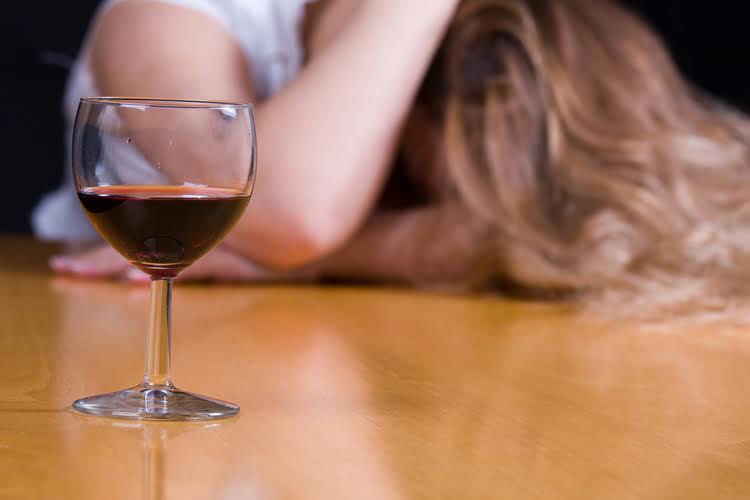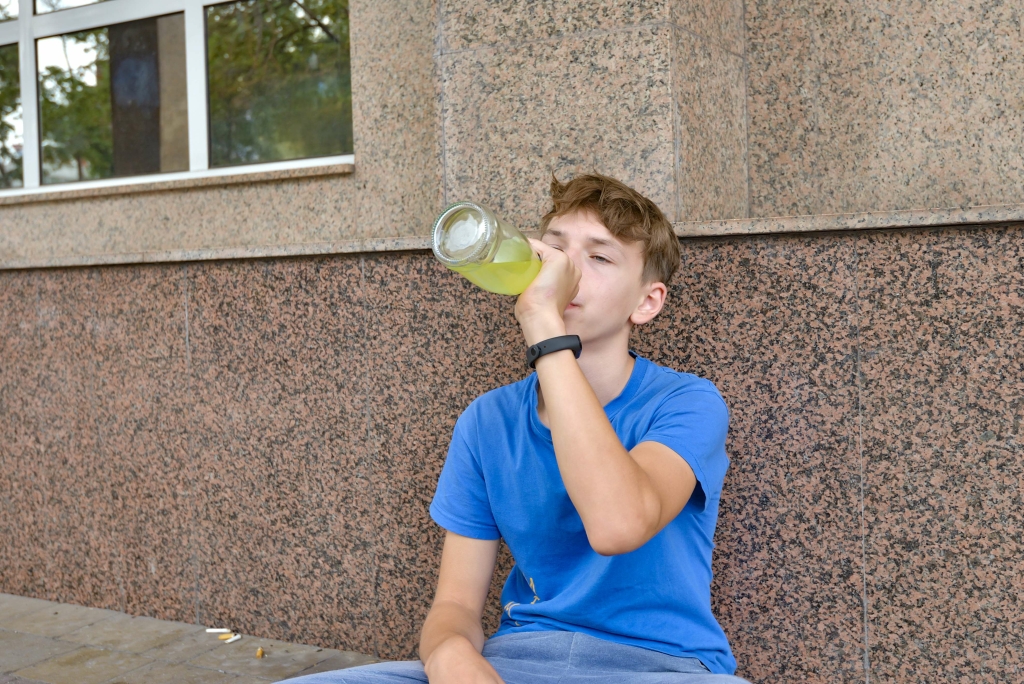“I think it kind of goes against our cultural perception that people never get better.” This comprehensive report details http://barbie-games.ru/alkogolizm-naychilis-vyiavliat-posmertno the full extent of the way that alcohol is being marketed across national borders – often by digital means –… Outpatient treatment is a less intensive program that usually involves fewer hours and days per week.
- The CRAFFT (Car-Relax-Alone-Forget-Family and Friends-Trouble) is a screening tool that is used in medical centers.
- The adverse consequences of alcohol consumption include the negative consequences of drinking on individuals other than the drinkers themselves, including…
- Your therapist or licensed counselor can help you locate a self-help support group.
- In general, the more risk factors a person has, the greater the chance that taking drugs will lead to drug use and addiction.
- Substance abuse frequently strains relationships with family and friends.
- Problem gambling often coexists with substance abuse, complicating treatment.
What are the other health consequences of drug addiction?
- Many people with AUD do recover, but setbacks are common among people in treatment.
- This may exacerbate their mental disorder in the long run, as well as increase the risk of developing addiction.43,44 Treatment for all conditions should happen concurrently.
- She found treatment that worked and has lived drug-free for more than 20 years.
Substance abuse and addiction extend http://www.giftjap.info/freebook/detailed.php?n=3975 far beyond individual struggles, affecting families, communities, and society at large. These issues also encompass behaviors beyond drug and alcohol use. Creating a relapse prevention plan can help individuals recognize warning signs and take proactive steps to avoid substance use. This plan may include a list of emergency contacts, healthy coping mechanisms, and strategies for high-risk situations. Support groups provide peer connections for those struggling with substance use.

Alcohol use disorder

This reduces the high that the person feels compared to the high they felt when first taking the drug—an effect known as tolerance. They might take more of the drug to try and achieve the same high. These brain adaptations often lead to the person becoming less and less able to derive pleasure from other things they once enjoyed, like food, sex, or social activities. Once you’ve been addicted to a drug, you’re at high risk of falling back into a pattern of addiction. If you do start using the drug, it’s likely you’ll lose control over its use again — even if you’ve had treatment and you haven’t used the drug for some time.
- The reductions in alcohol use held up among people taking the new generation obesity medications and older drugs, including metformin, which is typically prescribed for diabetes.
- Research suggests they often thrive in long-term recovery, reconnecting with family and enjoying economic success.
- One size does not fit all and a treatment approach that may work for one person may not work for another.
Addiction and Health
To learn more about alcohol treatment options and search for quality care http://mostinfo.net/soft/12/332.htm?s=10 near you, please visit the NIAAA Alcohol Treatment Navigator. You’ll soon start receiving the latest Mayo Clinic health information you requested in your inbox. People struggling with addiction usually deny they have a problem and hesitate to seek treatment. An intervention presents a loved one with a structured opportunity to make changes before things get even worse and can motivate someone to seek or accept help.
- During some of the landmark clinical trials of GLP-1 drugs that demonstrated reductions in body weight, researchers heard anecdotal reports from participants about changes in habits.
- So, Kushner says he’s not surprised by the results of this study pointing to less alcohol consumption.
- Creating a relapse prevention plan can help individuals recognize warning signs and take proactive steps to avoid substance use.
- Those who had the highest levels of drinking were about 19 times more likely to cut back compared to those who were categorized as light drinkers.
- The goal of detoxification, also called “detox” or withdrawal therapy, is to enable you to stop taking the addicting drug as quickly and safely as possible.
- A health care provider might ask the following questions to assess a person’s symptoms.

The chronic nature of addiction means that for some people relapse, or a return to drug use after an attempt to stop, can be part of the process, but newer treatments are designed to help with relapse prevention. Relapse rates for drug use are similar to rates for other chronic medical illnesses. If people stop following their medical treatment plan, they are likely to relapse.

The brain continues to develop into adulthood and undergoes dramatic changes during adolescence.

It involves physical and/or psychological reliance on a substance. Physical dependence occurs when the body adapts to a substance, requiring it to function normally. They represent different stages and severities of problematic substance use, with unique characteristics and implications for treatment. There are stark differences in how the body and brain respond to alcohol and different drugs.
